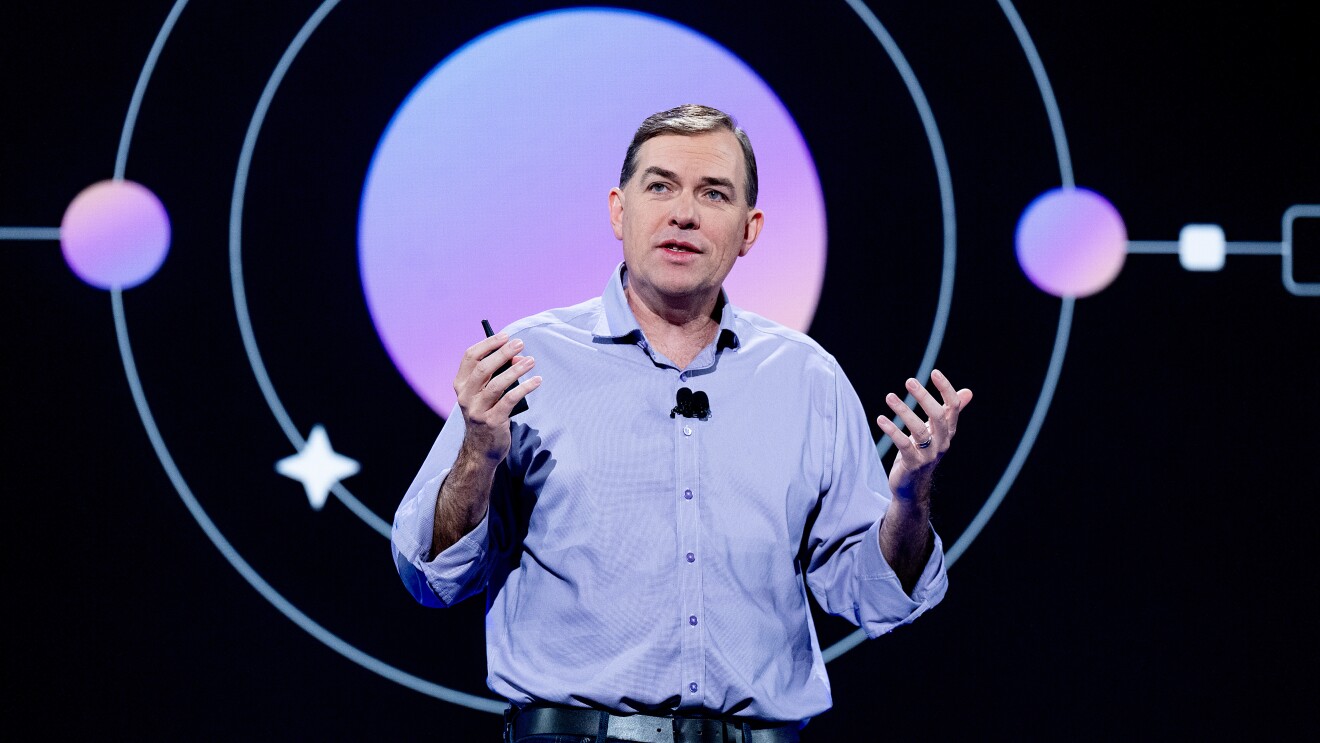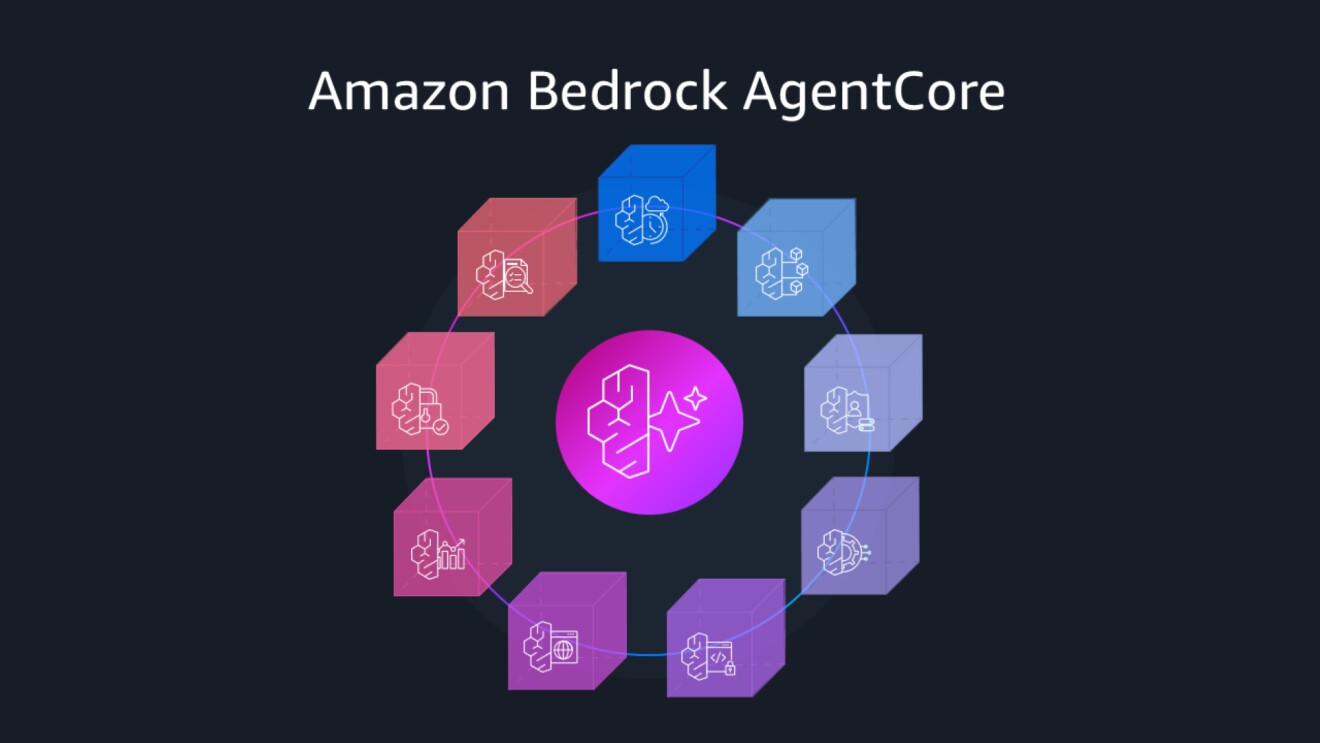What do a former filmmaker, a retail worker-turned-student, and a business and communications graduate have in common? They all transformed their careers through an AWS internship—going on to work full time for the company in robotics, cloud support engineering, and data science roles, respectively.
Alexander Gao, Bode Popoola, and Antonia Schulze are just three of the thousands of people AWS hires into its intern program every year around the world. They shared their experience and advice on how they secured a place in the program, the kind of projects they worked on, the support they received, and how they used their internship as a launchpad into an entirely different field.
AWS is committed to providing opportunities for students and recent graduates to cultivate their passions and sharpen their skills. Interns gain hands-on experience in cloud computing, contribute to real-world projects, and collaborate with teams across the company.
If you or someone you know is interested in applying to the AWS Internship Program, visit the early career talent website for more information.
From Hollywood to human-robot interaction
Alexander Gao, United States
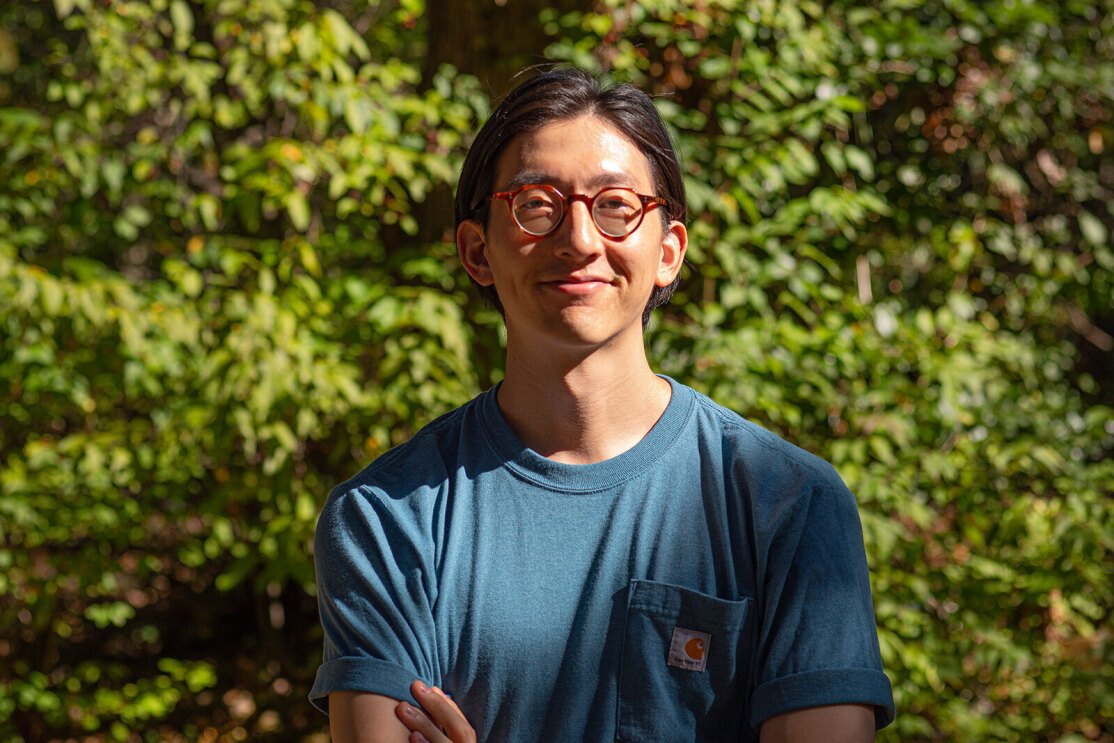 Alexander Gao, simulation engineer at AWS
Alexander Gao, simulation engineer at AWSAlexander Gao had been working in the Hollywood film industry for nearly a decade when he had a lightbulb moment.
“Making movies was an incredible experience, but I started to see that my strengths were in the more technical aspects of filmmaking,” he said. “I’d always enjoyed learning about cameras and lighting, and I loved working with motion graphics. I wanted to develop my skills in these areas.”
Gao took a bold step, leaving behind everything he knew and moving across the country to study for a master’s in computer science in New York. While studying, he applied for an AWS internship, which led to him becoming a simulation engineer in robotics and autonomous services.
“Being offered the internship was a real turning point,” said Gao. “I’d never thought of myself as an engineer until then, so it felt like a moment of validation for my decision.”
Gao found the internship had clear milestones, so he knew where he should be at each stage. “I had plenty of space to learn and experiment, but it was also contained,” he said. “I could try things without worrying about crashing a production server.”
“If you want to move into a completely different field, don’t assume your previous experience will be a blocker,” he added. “Use it as a strength and just go for it. An area like robotics, for example, is highly interdisciplinary, which means there are opportunities to transfer skills from many different careers. Be curious and keep learning.”
Read the full interview for more on how Alexander Gao swapped the entertainment industry for engineering, how he worked with his AWS mentor and manager, and his tips for anyone else considering a radical career change.
An unconventional route into data science
Antonia Schulze, Germany
Most organizations generate, accumulate, and store massive amounts of data, but many of them don’t know how to use all this information they’ve gathered to its fullest. That’s where data scientists come in. At AWS, data scientists are both innovative researchers and skilled storytellers—revealing the trends hidden deep in these big data sets, which can help transform customers’ businesses.
Antonia Schulze is one of them. Based in Berlin, Germany, in the AWS Machine Learning (ML) Solutions Lab, Schulze’s journey into data science has been—in her own words—a little unconventional.
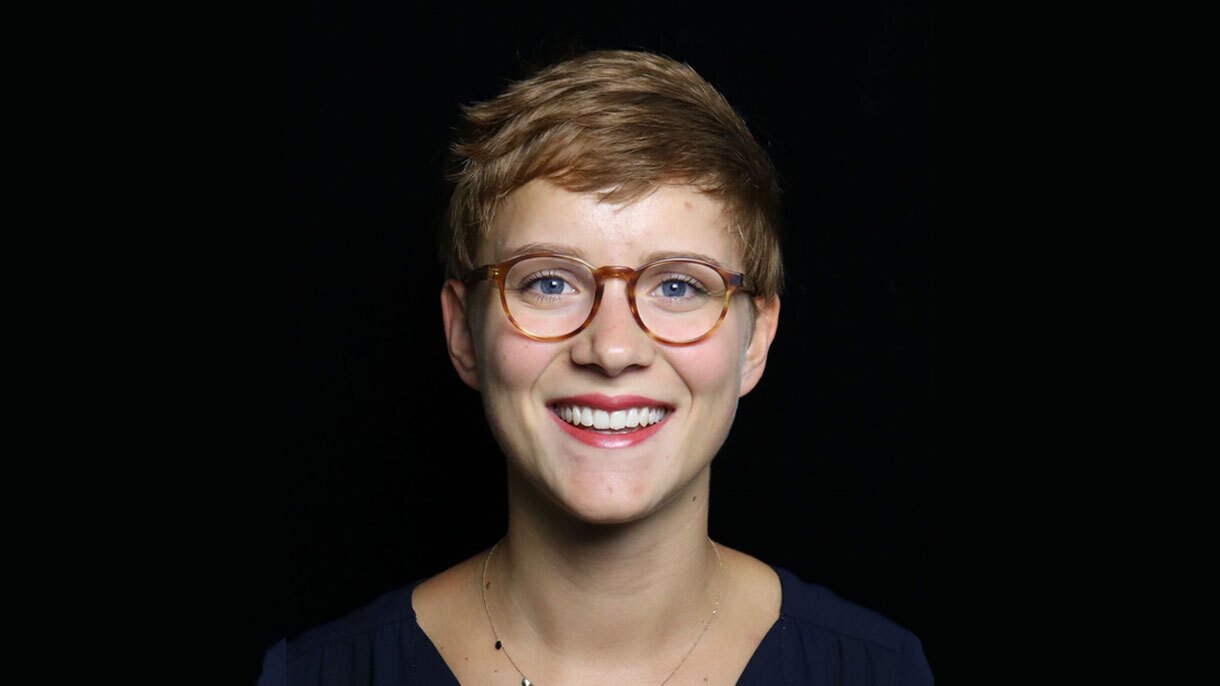 Antonia Schulze, data scientist at AWS
Antonia Schulze, data scientist at AWS“Unlike many of my colleagues, I don’t have a Ph.D.,” she said. “I wanted to go into business administration at first but soon realized that I wanted to work in a more technology-focused and data-driven field. I did a market-research internship in the technology and media telecommunications sector. This inspired me to learn more about machine learning and data science. I decided to go back to university and studied for a master’s in big data and business analytics, which I loved because it focused a lot on customer experience.”
After completing her master’s degree, however, Schulze found it hard to secure a data science position because “companies usually require a background in math or statistics.” When she saw that Amazon was hiring interns in business intelligence data science, she applied immediately.
“I went through the recruitment process and got a job in the customer experience team in Amazon Operations,” she said. “It was really interesting, but not the exact area I wanted to be in. While I was there, I found a mentor working in data science. She really validated my ambitions and encouraged me to use my business background as my unique selling point.”
It worked. Schulze is now a data scientist helping some of AWS’s biggest customers accelerate the adoption of ML in their business—whether that’s supporting public health organizations in their pandemic response or helping sports fans get closer to the action.
“One piece of advice I often give to others is to make sure you’re constantly deepening your knowledge,” said Schulze. “For me, this might be by developing my network in areas where I have less experience—such as finding a natural language processing expert to have regular sync-ups with—or reading a lot of research papers to help me understand algorithms better. And mentoring and support goes both ways. When somebody is generous with their time, I always want to provide value in return.”
Read the full interview for more on how Antonia Schulze used her internship to gain experience, build her network, and ultimately move into a data science role.
Starting a new career from scratch
Bode Popoola, Ireland
For Bode Popoola, interning at AWS as a student helped him land his “dream job” as a cloud support engineer. Originally from Nigeria, Popoola moved to Ireland in 2001—four years later he began studying business management at Dublin Business School. Realizing it wasn’t the right fit for him, he left his studies and started working in a full-time retail role to support his family.
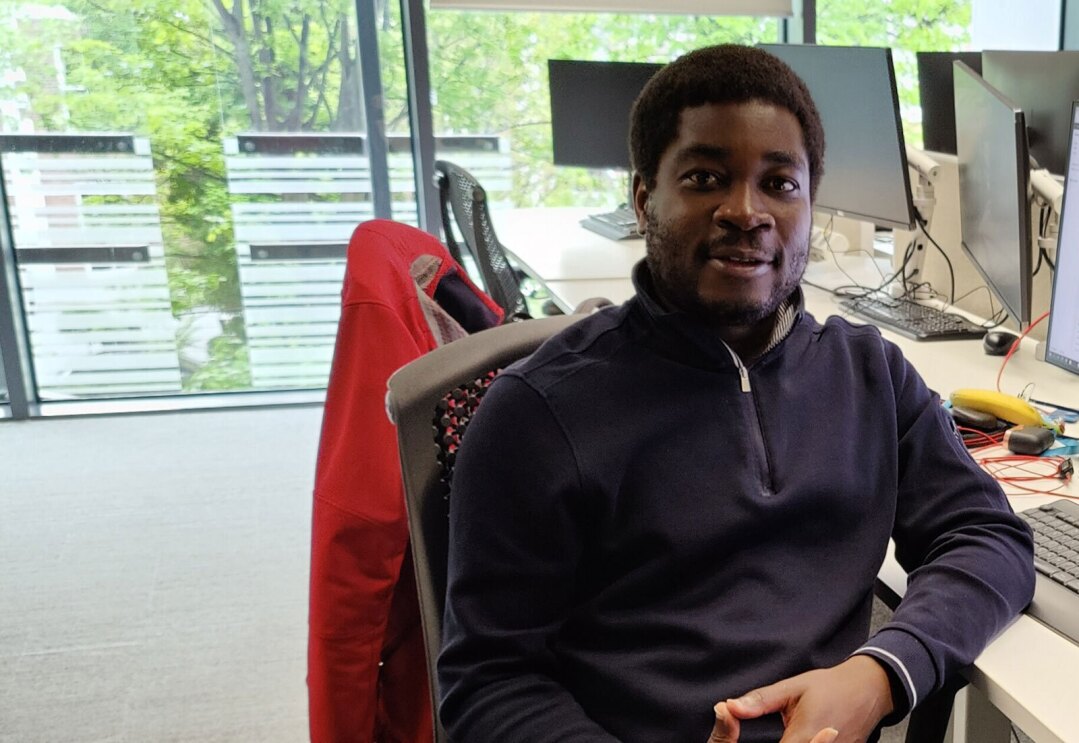 Bode Popoola, cloud support engineer, at AWS
Bode Popoola, cloud support engineer, at AWSIn 2014, seven years after leaving business school, he decided to re-enter higher education, studying information technology and computing at the Technical University of Ireland.
“When I started studying business management back in 2005, I wasn’t interested in it,” he said. “Maybe I was too young to make the right decision for myself and that’s why I followed what my friends and peers were doing. I knew that this time around I could finish my degree successfully and do something career-changing with it.
Popoola said he was encouraged to find an internship, to put into practice the theory and lab work he’d been doing for the past two years.
“I was still working part-time in retail while studying full-time, and I had no idea where to start. Luckily our lecturers made lots of suggestions and pushed us to plan early. One option they put forward was AWS. At first, I wasn’t sure I would have a chance. It’s such a big company and I felt I didn’t have enough experience. But my lecturer told me to go for it.”
Popoola used AWS Educate—free, self-paced online training resources and labs designed to help people learn, practice, and evaluate their cloud skills—to prepare for his internship and to continue his professional development after being hired.
He has now been working at AWS as a cloud support engineer for more than four years, and his role continues to develop. “What I like most is sitting down to solve a problem, especially when it’s a tough one that a customer is stuck on,” he said. “Being able to come in and help them when nothing else has worked is a great feeling.”
Read the full interview for more on how Bode Popoola’s internship quickly grew in scope, and how as a co-founder of the Amazon Black Employee Network (BEN) affinity group chapter in Ireland he’s now building skills in influencing and leadership.
Learn more about internships at AWS.



